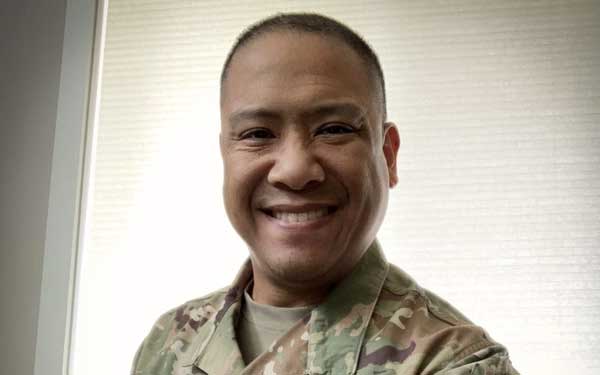 February 1, 2024 / Janie Ekere / The Daily Yonder - Center for Rural Strategies - Activists remain concerned about the costs and ethics of school military recruitment, despite the potential educational and career opportunities it can offer, said Scott Harding and Seth Kershner, co-authors of “Contested Terrain: School Militarism and the Battle for Hearts and Minds.”
February 1, 2024 / Janie Ekere / The Daily Yonder - Center for Rural Strategies - Activists remain concerned about the costs and ethics of school military recruitment, despite the potential educational and career opportunities it can offer, said Scott Harding and Seth Kershner, co-authors of “Contested Terrain: School Militarism and the Battle for Hearts and Minds.”
But in response to funding challenges, some rural schools have allowed military recruiters to assist with coaching sports or classroom instruction, said Kershner, a Ph.D. candidate at the University of Massachusetts Amherst Department of History.
According to a 2023 article from TIME Magazine, the military has had varying degrees of difficulty recruiting since the abolition of the draft in 1973. The story attributed the most recent recruitment slump to several factors like low unemployment, lack of eligible recruits, and a growing cultural divide between civilians and the military.
A 2017 report from The RAND Corporation proposed extending military recruitment efforts to more rural schools to reach more eligible young people. The RAND Corporation report primarily focused on the JROTC program, which is the military’s most common method of youth recruitment.






![[Some of the Boston 18 outside the J.W. McCormack Post Office and Courthouse in Post Office Square, Boston, 15 February 1983, the day they surrendered to begin serving 30-day prison sentences for blocking the entrance to the Post Office in that same building where men were being registered for the draft on 5 January 1981 during the mass Selective Service registration week for men born in 1962. Photo by Ellen Shub from the Harvard University archives on the history of women in America .] [Some of the Boston 18 outside the J.W. McCormack Post Office and Courthouse in Post Office Square, Boston, 15 February 1983, the day they surrendered to begin serving 30-day prison sentences for blocking the entrance to the Post Office in that same building where men were being registered for the draft on 5 January 1981 during the mass Selective Service registration week for men born in 1962. Photo by Ellen Shub from the Harvard University archives on the history of women in America .]](/images/Enroutetojail.jpg)





